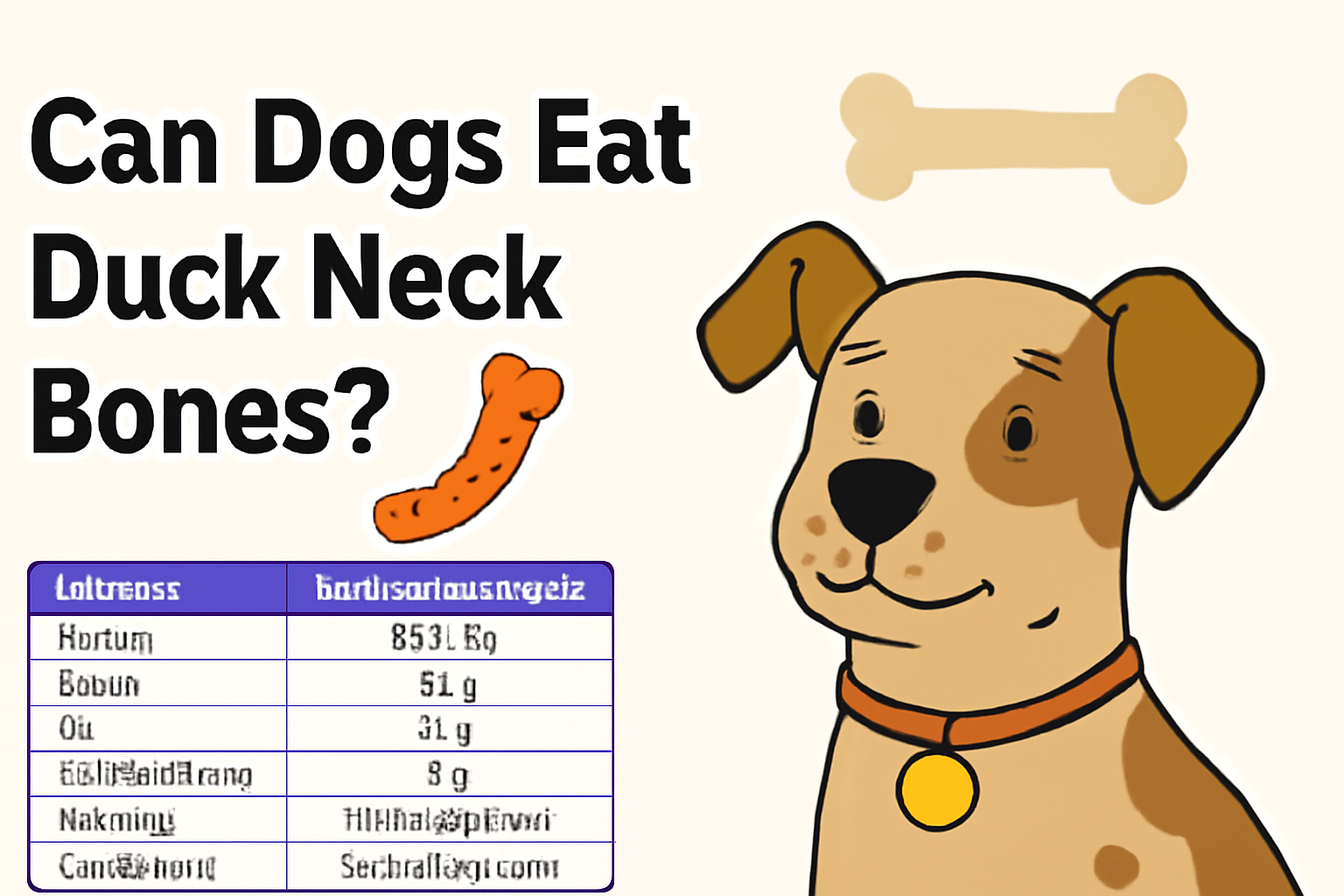Can Dogs Eat Beef Heart? 🐾💓
As dog owners, we always want to ensure that our furry friends are eating nutritious, safe food. We go out of our way to give them the best treats, food, and even home-cooked meals. But, just because something is safe for us doesn’t mean it’s safe for our dogs. One food that often raises questions among dog owners is beef heart.
Beef heart is considered a nutrient-rich organ meat that has a lot of protein and essential nutrients. It is often given as a treat in raw food diets for dogs or even as part of cooked meals. However, can dogs really eat beef heart safely? Does it have benefits? Are there any risks involved?
In this comprehensive guide, we’ll explore whether dogs can eat beef heart, the benefits of feeding it to them, potential risks, and how to prepare it safely. Let’s dive right in and find out everything you need to know about feeding beef heart to your dog! 🐶💖
What is Beef Heart? 🥩💓
Beef heart is an organ meat that comes from the heart of a cow. Unlike other cuts of meat, beef heart is lean and packed with muscle. It is different from traditional muscle meat like steaks or ribs because it’s a specialized muscle. Beef heart is known for being rich in protein, amino acids, and other important nutrients that benefit your dog’s overall health.
In the wild, dogs would naturally eat organs like the heart, liver, and kidneys from prey animals, which are full of nutrients. Beef heart is often included in raw dog food diets and is sometimes used in homemade meals for dogs to supplement their regular food. But can it be safely added to your dog’s regular diet? Let’s take a look at the nutritional benefits of beef heart for dogs. 👀
Nutritional Benefits of Beef Heart for Dogs 🐕
Beef heart is an excellent source of nutrition for dogs. It provides many vitamins, minerals, and proteins that are essential for their health. Here are the key nutritional benefits of beef heart for dogs:
1. High-Quality Protein 💪
Beef heart is an excellent source of protein. Protein is essential for maintaining and building muscle mass in dogs. It helps repair tissues, supports healthy skin, and provides energy. Dogs need a high amount of protein to grow, maintain their body, and heal from injuries. Beef heart is lean, which makes it a good source of protein without the added fat that comes with some other cuts of meat.
2. Taurine 🧑⚕️
One of the unique benefits of beef heart is its high taurine content. Taurine is an amino acid that is essential for heart health and overall well-being. It is particularly important for maintaining the health of the cardiovascular system. Taurine helps keep the heart muscle strong, supports blood circulation, and promotes healthy eyesight. Unlike other meats, beef heart is one of the best natural sources of taurine for your dog. This makes it an especially beneficial food for dogs with heart problems or older dogs who need extra support for their cardiovascular health.
3. Rich in Iron 🩸
Beef heart is a great source of iron, a mineral that plays a key role in the production of red blood cells. Iron helps carry oxygen throughout the body, ensuring that tissues and organs function optimally. Dogs who are deficient in iron can develop anemia, leading to symptoms like fatigue, weakness, and pale gums. By feeding your dog beef heart, you provide them with a natural source of iron, helping to maintain their energy levels and overall health.
4. B Vitamins 🧑⚕️
Beef heart is also rich in B vitamins, such as B6, B12, and niacin (B3). These vitamins help your dog produce energy, support a healthy nervous system, and maintain red blood cell production. B vitamins are vital for metabolism and help in converting food into usable energy. If your dog is feeling sluggish or tired, incorporating beef heart into their diet can provide a natural energy boost.
5. Zinc 💎
Zinc is another important mineral found in beef heart. It plays a key role in immune function, skin health, and wound healing. Zinc also helps in DNA synthesis, which is vital for the growth and repair of cells. A deficiency in zinc can lead to a variety of health issues, including skin problems, poor wound healing, and a weakened immune system. Adding beef heart to your dog’s diet can help ensure they are getting enough zinc to stay healthy.
6. Phosphorus and Magnesium ⚡
Beef heart contains both phosphorus and magnesium, minerals that are important for bone health, muscle function, and hydration. Phosphorus works with calcium to build strong bones and teeth, while magnesium helps muscles relax and supports a healthy heart. These minerals help maintain a healthy balance of electrolytes in the body, which is essential for your dog’s overall health and vitality.
Risks of Feeding Beef Heart to Dogs ⚠️
While beef heart has many benefits, it’s important to be aware of potential risks when feeding it to your dog:
1. Fatty Content 🐕⚖️
Though beef heart is leaner than other cuts of beef, it can still contain fat. Too much fat in your dog’s diet can lead to obesity, pancreatitis, and digestive problems. It’s important to trim off any visible fat before serving it to your dog. Serving too much fat can lead to excess calorie intake, which can cause weight gain, especially in less active dogs.
2. Organ Meat Overload 🥩
While organ meats like beef heart are nutritious, they are very rich in vitamins and minerals. Feeding your dog too much organ meat, such as beef heart, can lead to nutrient imbalances. For example, too much iron can cause iron toxicity, while excessive vitamin A can lead to hypervitaminosis A, which can cause joint pain, bone problems, and even internal organ damage. It’s important to feed organ meats like beef heart in moderation.
3. Choking Hazard 🦴
Beef heart can be tough and chewy, so it’s important to cut it into small, manageable pieces. Dogs, especially small dogs, can have difficulty chewing large pieces of beef heart, which may lead to choking. Always ensure the pieces are appropriately sized for your dog’s breed and size.
4. Bacterial Contamination 🦠
If feeding raw beef heart, there is a risk of bacterial contamination, such as Salmonella or E. coli. These bacteria can cause gastrointestinal illness and other health issues in your dog. If you decide to feed raw meat, ensure it’s sourced from a reputable supplier and stored correctly. If you prefer, you can also cook the beef heart thoroughly to reduce the risk of contamination.
How to Prepare Beef Heart for Dogs 🍽️
If you want to feed your dog beef heart, here’s how you can do it safely:
1. Cook It Thoroughly 🍳
To reduce the risk of bacterial contamination, always cook beef heart thoroughly. You can boil, grill, or bake it, but make sure it reaches an internal temperature of 165°F (73.8°C). Cooking ensures that harmful bacteria or parasites are killed, making it safer for your dog to eat.
2. Trim Excess Fat ✂️
Before cooking or serving beef heart, be sure to trim off any excess fat. Fatty tissue should be removed to reduce the risk of digestive issues or pancreatitis. Serving leaner cuts of beef heart helps avoid the excess fat content that can contribute to obesity.
3. Cut Into Small Pieces 🍴
Because beef heart can be tough, cut it into small, bite-sized pieces. Smaller dogs may need even finer pieces to avoid choking hazards. This makes the meat easier to chew and digest.
4. Serve in Moderation ⚖️
While beef heart is highly nutritious, it’s important to serve it in moderation. Too much organ meat can disrupt the balance of nutrients in your dog’s diet. A small portion of beef heart, once or twice a week, is generally enough for most dogs.
Nutritional Value of Beef Heart for Dogs 🐾
Here’s a breakdown of the nutritional value of beef heart per 100 grams:
| Nutrient | Amount per 100g |
|---|---|
| Calories | 140 kcal |
| Protein | 20g |
| Fat | 6g |
| Carbohydrates | 0g |
| Iron | 3.5mg |
| Zinc | 4mg |
| Vitamin B12 | 2.5mcg |
| Taurine | 350mg |
| Phosphorus | 220mg |
| Magnesium | 25mg |
As you can see, beef heart is a high-protein food with a significant amount of iron, taurine, and B vitamins. It provides essential amino acids, which are critical for muscle growth and repair, as well as key minerals that support heart health, immune function, and bone strength.
Safe Alternatives to Beef Heart for Dogs 🦴
If you’re looking for other healthy meats to feed your dog, here are some great alternatives to beef heart:
1. Chicken 🍗
Chicken is a lean source of protein and is easy for dogs to digest. It’s a great alternative to beef heart and can be served without seasoning or skin.
2. Turkey 🦃
Turkey is another lean meat that’s rich in protein. It’s low in fat and easy for dogs to digest, making it a great choice for most dogs.
3. Lamb 🐑
Lamb is a great source of protein and provides essential vitamins and minerals. It’s also a good alternative for dogs with food sensitivities to beef or chicken.
4. Fish 🐟
Fish like salmon, sardines, and trout are rich in omega-3 fatty acids, which promote a healthy coat and joints. Fish is also easy on the stomach for dogs with sensitive digestive systems.
Frequently Asked Questions (FAQs) ❓
1. Can dogs eat beef heart every day?
No, beef heart should not be fed to dogs every day. It should be served in moderation as part of a balanced diet. Too much organ meat can cause nutrient imbalances.
2. Can puppies eat beef heart?
Yes, puppies can eat beef heart, but make sure it is cooked thoroughly and cut into small pieces. Introduce it gradually and monitor for any digestive issues or allergies.
3. How should I prepare beef heart for my dog?
Beef heart should be cooked thoroughly and cut into small, bite-sized pieces. Make sure to trim any excess fat before serving it.
4. Can beef heart cause digestive problems in dogs?
If fed in large amounts, beef heart can lead to digestive upset. Overconsumption of organ meat can cause diarrhea or vomiting due to its rich nutrient content.
5. What other organ meats are good for dogs?
Other good organ meats for dogs include liver, kidneys, and sweetbreads. These are packed with vitamins and minerals but should be served in moderation.
Conclusion: Should Dogs Eat Beef Heart? 💖
In conclusion, beef heart can be a healthy and nutritious treat for dogs when served properly. It’s packed with protein, taurine, iron, and B vitamins, which are essential for your dog’s health. However, it should be fed in moderation and cooked properly to avoid any risks.
By offering beef heart as an occasional treat and serving it in a balanced way, you can provide your dog with a nutritious, heart-healthy snack that they will love. Just make sure to trim any fat, remove bones, and monitor your dog for any adverse reactions.
If you’re ever unsure about feeding a new food to your dog, it’s always best to consult your veterinarian for personalized advice. 🐶💖




